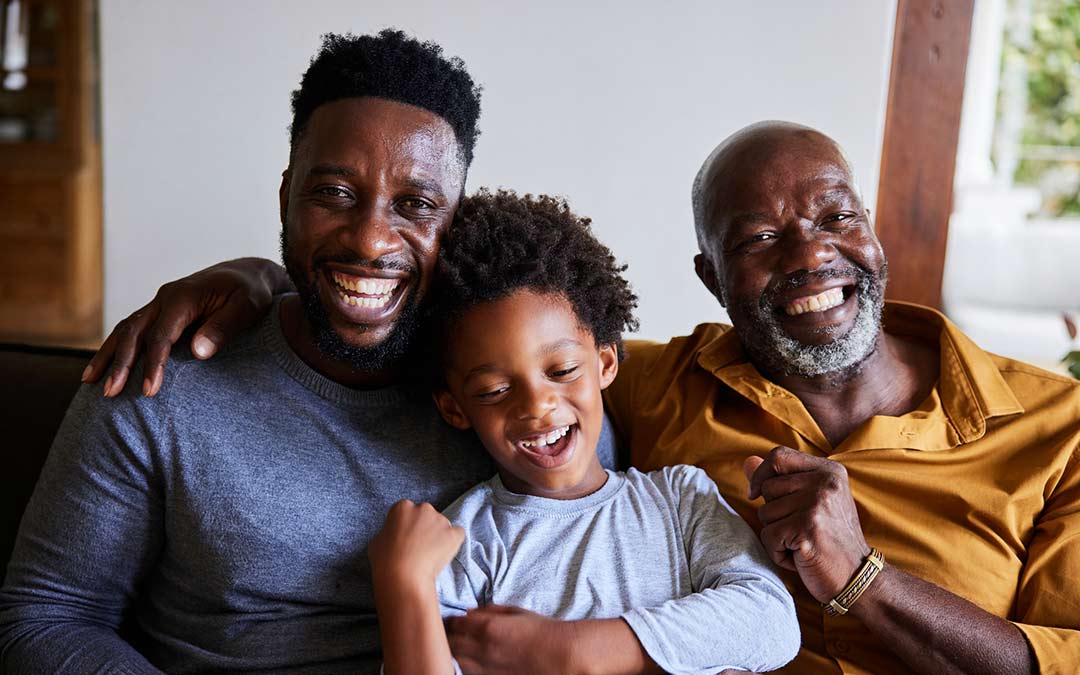The death of a loved one is difficult; losing someone to suicide can be especially challenging. If you are a survivor of suicide loss, you may be experiencing a range of emotions, including shock, disbelief, anger, guilt, and sadness. You may also have difficulty handling the practical aspects of your loved one’s death, such as making funeral arrangements and dealing with insurance paperwork.
You are not alone. There are many people who have lost loved ones to suicide, and there are resources available to help you cope with your grief.
Here are some tips that may help you during this difficult time:
- Allow yourself to grieve. There is no right or wrong way to grieve. It is important to allow yourself to feel your emotions, even if they are painful.
- Talk to someone you trust. Talking about your grief can help you to process your emotions and feel less alone. You can talk to a friend, family member, therapist, or other mental health professional.
- Join a support group. Support groups can provide you with a safe space to connect with others who have lost loved ones to suicide. You can find support groups online or in your community.
- Take care of yourself. Make sure to get enough sleep, eat healthy foods, and exercise. You may also want to consider talking to your doctor about medication to help manage your symptoms.
- Give yourself time. Grieving takes time. There is no set timeline for how long it will take you to heal. Be patient with yourself and allow yourself to heal at your own pace.
Resources for Survivors of Suicide Loss
If you are feeling overwhelmed by grief, or if you are having thoughts of suicide, please reach out for help. There are free resources available, including support groups, online forums, and crisis hotlines that can provide you with the support you need.
- 988 Suicide & Crisis Lifeline
- The Crisis Text Line
- The Jed Foundation for youth mental health
- The American Foundation for Suicide Prevention
If you are in immediate danger, please call 911 or go to the nearest emergency room.





